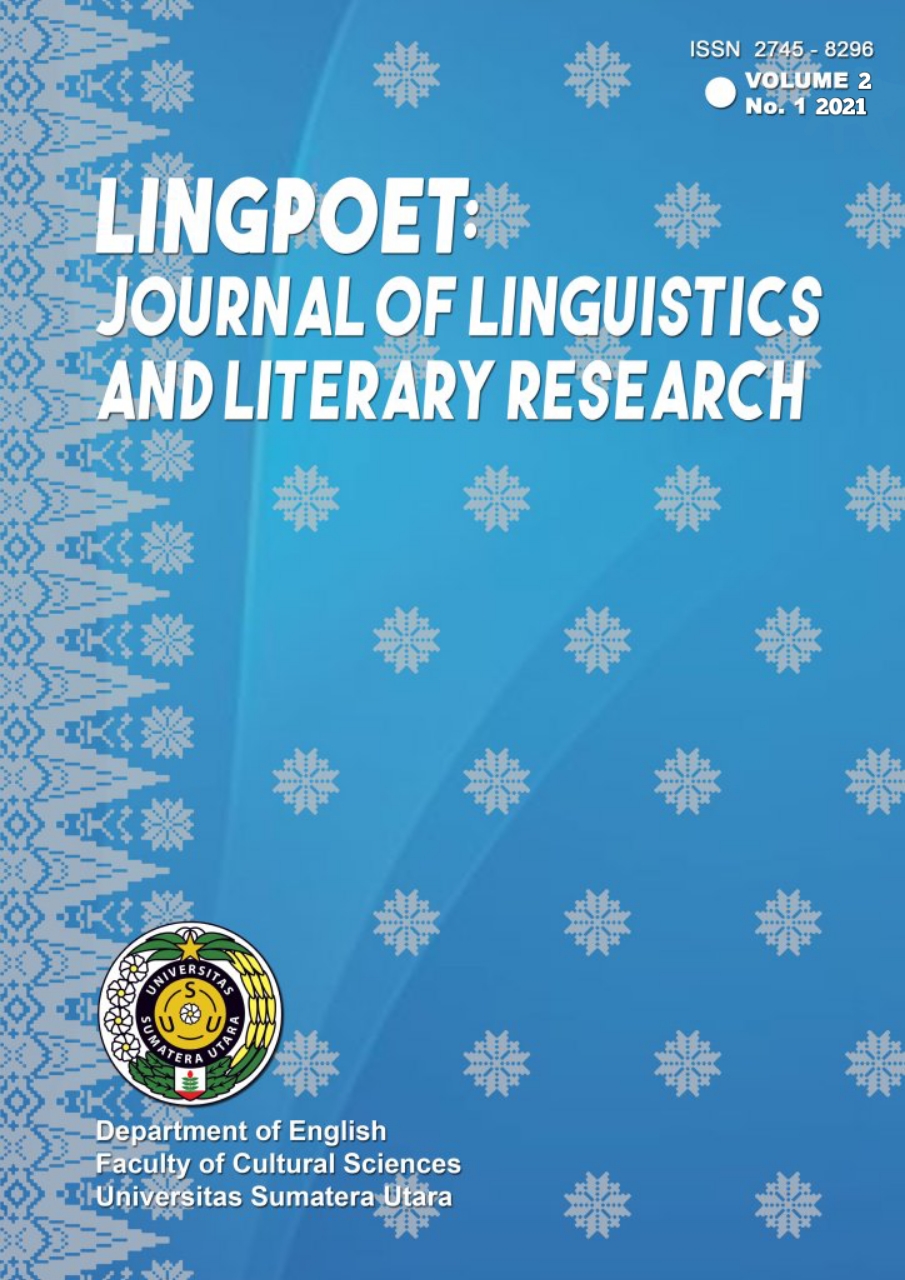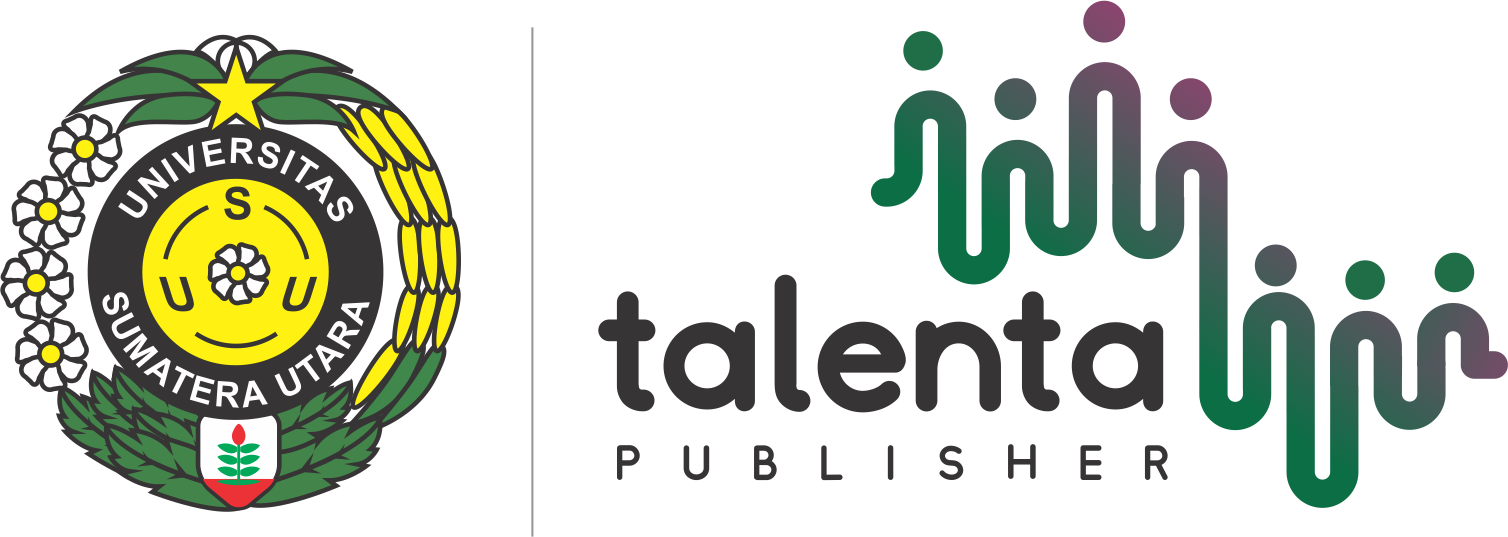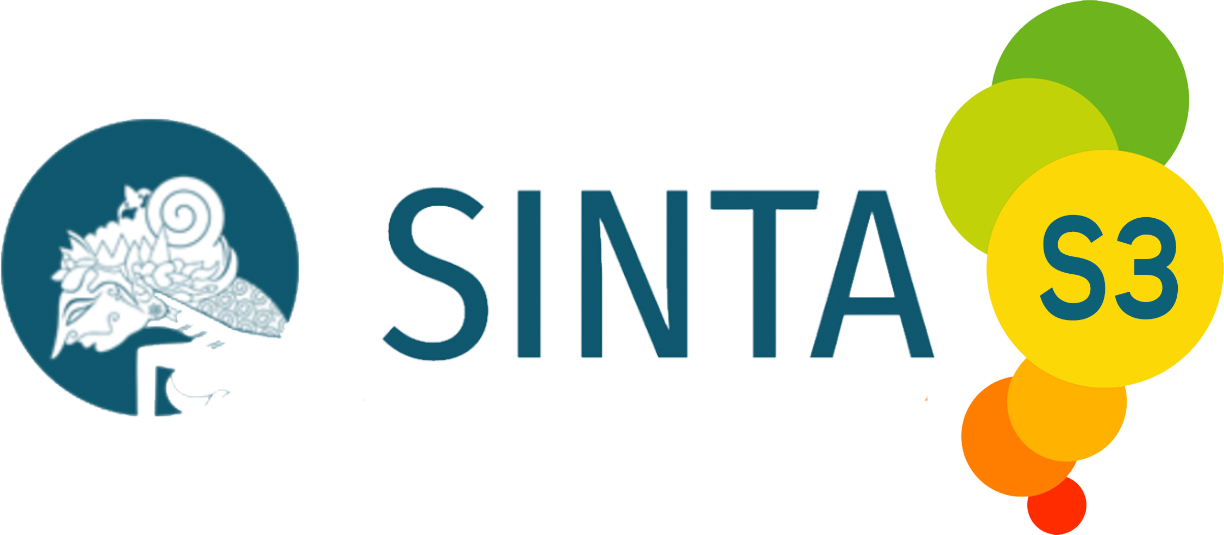Language Economy and its Implications for Language Teaching: Data and Evidence
DOI:
https://doi.org/10.32734/lingpoet.v2i1.5536Keywords:
Language, Economy, Implication, Language TeachingAbstract
In the following paper we are going to elaborate on a lately less-researched topic, the language economy, the ever-evolving nature of languages and their pursuit for simplicity. Our analysis conceptualizes how language economy leads to seemingly “ungrammatical†forms that are still widely accepted and used by native speakers, and we discuss the possibility of their inclusion into foreign language teaching. Our data are from the German language; however, in our reasoning for a less “perfect-grammar†centered way of teaching, we are going to use Japanese and Chinese examples as well.
Downloads
References
Bussmann, Hadumod (2006): Routledge Dictionary of Language and Linguistics. London / New York.
Huszka, Balazs / Kudriyah, Siti (2011): Zum Affrikatenstatus der suprasilbischen Segmentverbindung “pf†im Deutschen. Probleme und ein akustischer Lösungsansatz. In: Bahas, July – September 2011, Pp. 60 – 67.
Huszka, Balazs / Aini, Indah / Kudriyah, Siti / Stark, Alexander (2018): Are Homorganic Plosive-Fricative Clusters always Affricates in German? In: Allemania. Jurnal Bahasa dan Sastra Jerman, Vol. 7, Nr. 2, Juli 2017 [sic!, 2018], Pp. 8 – 13.
Krech, Eva-Maria / Stock, Eberhard / Hirschfeld, Ursula et al. (Hrsg.) (2009): Deutsches Aussprachewörterbuch. Berlin / New York.
Moser, Hugo (1971): Typen sprachlicher Ökonomie im heutigen Deutsch. In: Moser, Hugo et al. (Hrsg.): Sprache und Gesellschaft. Jahrbuch 1970. Düsseldorf, Pp. 89–117.
Zhou, Guiying (2012): On the Embodiment of Economy Principle in the English Language. In: English Language and Literature Studies, Vol. 2, No. 2, Pp. 100 – 104.
Downloads
Published
How to Cite
Issue
Section
License
Copyright (c) 2021 LingPoet: Journal of Linguistics and Literary Research

This work is licensed under a Creative Commons Attribution-ShareAlike 4.0 International License.













